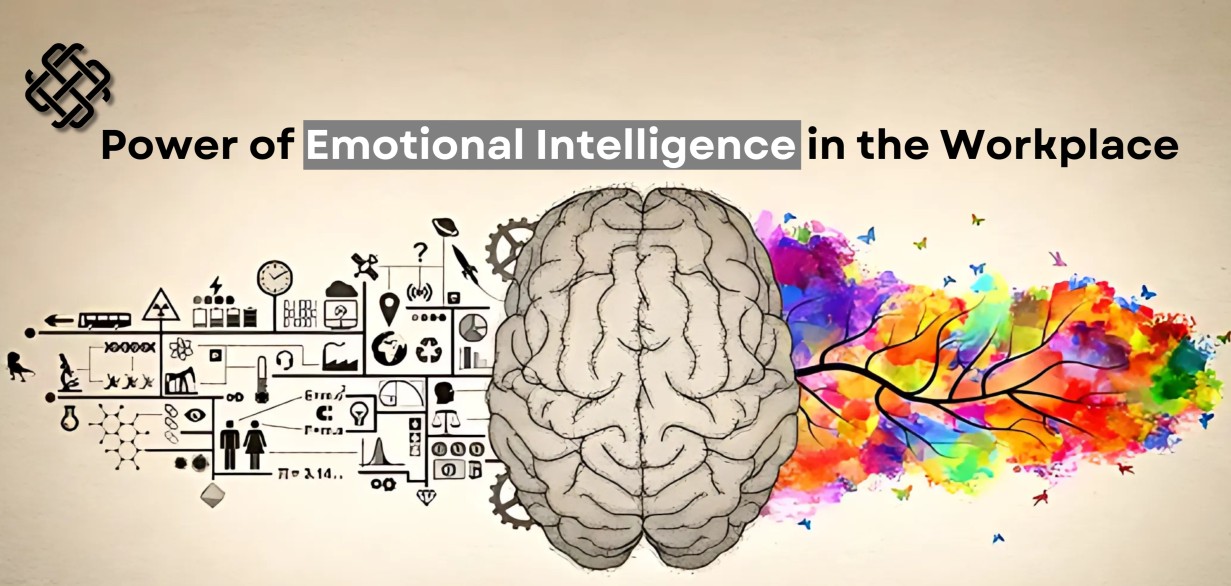
Follow WOWNEWS 24x7 on:

In today’s fast-evolving work environment, emotional intelligence (EI) is increasingly recognized as a vital ingredient for organizational health and performance. Embedding EI into the culture of a company fosters better communication, stronger teamwork, elevated leadership effectiveness, and increased employee well-being. Companies with emotionally intelligent cultures enjoy higher engagement, improved conflict resolution, and a competitive edge in attracting and retaining talent. This detailed guide explores how organizations can systematically integrate EI principles into their DNA for lasting impact.
Key Highlights Of Emotional Intelligence In The Workplace
Emotional intelligence involves self-awareness, self-regulation, motivation, empathy, and social skills.
Its integration leads to improved interpersonal relationships and decision-making.
Cultivating EI translates to measurable business benefits such as higher productivity and reduced turnover.
Leadership commitment is critical for cultural embedding.
EI fosters psychological safety, encouraging open expression and innovation.
Understanding Why EI Culture Matters
An emotionally intelligent workplace enables employees to effectively manage their emotions and respond empathetically to colleagues. This catalyzes collaboration, reduces misunderstandings, and nurtures a positive environment that supports mental health and resilience against stress. Companies embracing EI report lower absenteeism, stronger loyalty, and enhanced reputation.
Practical Steps To Embed Emotional Intelligence Into Your Culture
Lead By Example
Leadership must embody emotional intelligence through transparent communication, empathy, and vulnerability. Executive training on EI competencies sets the behavioral tone across organizational layers.
Infuse EI In Recruitment And Onboarding
Screen for emotional intelligence traits during hiring to select individuals aligned with EI values. Include EI-focused onboarding sessions to orient new hires on cultural expectations.
Provide Continuous EI Training And Development
Offer workshops, coaching, and e-learning focused on emotional awareness, active listening, conflict management, and constructive feedback. Encourage peer learning circles for practice and reinforcement.
Encourage Open Dialogue And Psychological Safety
Promote safe forums where employees feel comfortable sharing feelings and viewpoints without fear of judgment. Regular feedback loops and anonymous surveys can capture sentiments and issues.
Embed EI Into Performance Management
Integrate emotional competencies into appraisal criteria, rewarding constructive interpersonal behaviors and teamwork alongside task completion.
Recognize And Celebrate Emotional Intelligence In Action
Highlight stories of EI impacting success and acknowledge individuals demonstrating empathy, adaptability, and supportiveness.
Design Work Environments That Support EI
Create spaces and policies promoting work-life balance, stress reduction, and social connection. Mindfulness sessions or quiet zones can aid emotional regulation.
Utilize Technology To Support EI Initiatives
Leverage platforms for continuous engagement, learning, and mental wellness resources accessible to all employees regardless of location.
Navigating Challenges In EI Cultural Integration
Overcoming Skepticism
Some employees may initially question EI relevance to business outcomes. Clear communication on EI benefits linked to productivity and relationships helps overcome resistance.
Avoiding One-Time Efforts
EI cultural embedding requires sustained commitment rather than sporadic workshops. Consistent reinforcement across HR processes and leadership actions is necessary.
Aligning EI With Organizational Values
Tailor EI strategies to reflect company mission and values for authentic adoption.
Real-Life Examples And Success Stories
Companies globally report transformational effects post-EI integration. For example, firms that invested in leadership EI training observed 20% reduction in team attrition and substantial improvement in cross-functional collaboration scores.
Digital natives prioritize EI workplaces, evidencing better innovation rates and employee advocacy.
Final Thoughts
Embedding emotional intelligence into corporate culture is not merely a soft skill initiative but a strategic imperative impacting all facets of organizational success. Through deliberate leadership, sustained training, supportive policies, and employee empowerment, organizations can weave EI into their very fabric, driving engagement, performance, and human-centric growth.
Sources: Harvard Business Review, Forbes, McKinsey & Company, SHRM, Deloitte, Indian Management Journal




